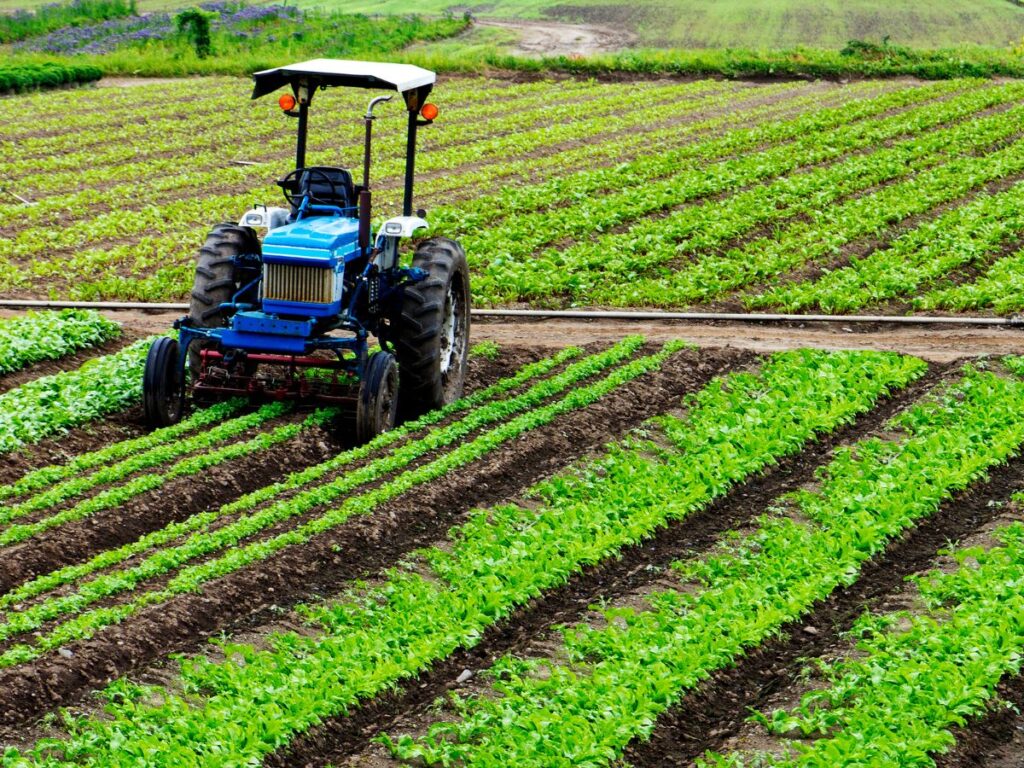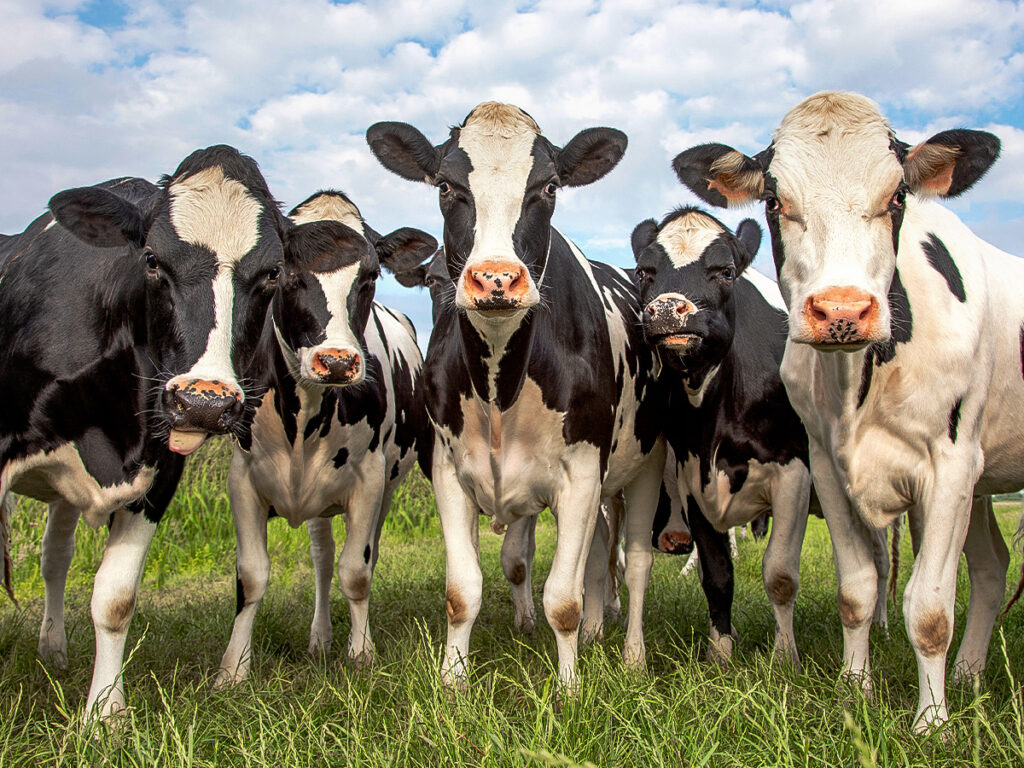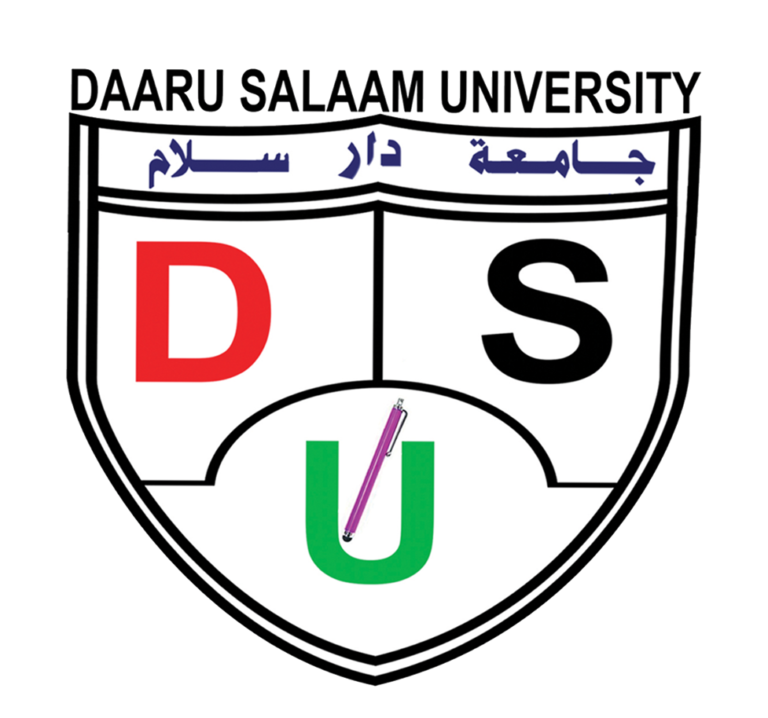Faculty of Agriculture & Veterinary
Departments

Department of Agriculture

Department of Veterinary
Dr. Mohamed Ahmed
Dean, Faculty of Agriculture & Veterinary
Dean's Message
Welcome to the Faculty of Agriculture and Veterinary Sciences at Daaru Salaam University (DSU) in Mogadishu, Somalia.
As Dean, I am thrilled to lead our dedicated community in advancing agricultural and veterinary education, research, and practice. Our faculty is committed to excellence, equipping students with the knowledge and skills needed to tackle the challenges of today’s agricultural sector. Whether you’re a student beginning your academic journey or a member of our esteemed faculty, I encourage you to seize the opportunities for collaboration and innovation within our vibrant academic community. Together, we can make a meaningful impact on the agricultural landscape, both locally and globally.
Thank you for choosing DSU. I look forward to our collective achievements.
Program Description: Department of Agriculture
Overview
The Department of Agriculture is a dynamic academic and research-focused department dedicated to advancing knowledge and practices in agricultural sciences. The department focuses on sustainable farming, food security, and innovative agricultural technologies to address global challenges. By integrating theoretical knowledge with practical applications, the department prepares students to become leaders in agriculture, agribusiness, and rural development.
Program Objectives
- To provide students with a strong foundation in agricultural sciences, including crop production, soil management, and sustainable farming practices.
- To promote innovative and sustainable solutions for food production and environmental conservation.
- To equip students with the skills necessary for careers in agriculture, agribusiness, and rural development.
- To foster research and development in agriculture to address global challenges such as climate change and food security.
- To encourage entrepreneurship and the adoption of modern technologies in agriculture.
Program Structure:
The program offers a comprehensive curriculum that combines classroom instruction, laboratory work, field training, and research projects. Students gain hands-on experience in crop production, soil science, pest management, and agricultural economics. The curriculum is interdisciplinary, incorporating elements of biology, chemistry, environmental science, and economics.
Key Areas of Study
- Crop Production and Soil Science
- Principles of crop cultivation and soil fertility management.
- Sustainable farming practices and agroecology.
- Precision agriculture and the use of technology in farming.
- Agricultural Economics and Rural Development
- Agricultural marketing, supply chains, and trade.
- Rural development and policy-making.
- Farm management and agribusiness.
- Environmental Conservation and Sustainability
- Climate-smart agriculture and resource management.
- Conservation of natural resources and biodiversity.
- Sustainable land use and water management.
- Research and Innovation
- Research methodologies in agricultural sciences.
- Development of sustainable agricultural technologies.
- Collaboration with industry and research institutions.
Career Opportunities
Graduates of the Department of Agriculture are well-prepared for diverse career paths, including:
- Agricultural consultants and farm managers.
- Agribusiness entrepreneurs and policymakers.
- Researchers in agricultural sciences and sustainable farming.
- Agricultural extension officers and rural development specialists.
- Crop production specialists and soil scientists.
Facilities and Resources
The department offers state-of-the-art facilities, including:
- Modern laboratories for soil, plant, and pest analysis.
- Experimental farms and greenhouses for hands-on training.
- Research centers focused on sustainable agriculture and innovation.
The Department of Agriculture is committed to nurturing the next generation of agricultural professionals who will drive innovation and sustainability in food production. By combining academic excellence with practical experience, the department ensures that graduates are equipped to tackle the challenges of a rapidly evolving world and contribute to global food security and environmental conservation.
Program Description
Department of Veterinary Sciences
Overview
The Department of Veterinary Sciences is a leading academic and research-oriented department dedicated to advancing knowledge and practices in animal health, veterinary medicine, and public health. The department focuses on improving animal welfare, preventing zoonotic diseases, and promoting sustainable livestock management. By integrating theoretical knowledge with clinical and field training, the department prepares students to become skilled veterinarians, researchers, and animal health professionals.
Program Objectives
- To provide students with a strong foundation in veterinary sciences, including animal anatomy, physiology, and pathology.
- To promote animal health and welfare through preventive medicine and clinical practices.
- To equip students with the skills necessary for careers in veterinary medicine, animal health, and public health.
- To foster research and development in veterinary sciences to address global challenges such as zoonotic diseases and food safety.
- To encourage the adoption of modern technologies and practices in veterinary care.
Program Structure
The program offers a comprehensive curriculum that combines classroom instruction, laboratory work, clinical training, and research projects. Students gain hands-on experience in veterinary diagnostics, surgery, preventive medicine, and animal nutrition. The curriculum is interdisciplinary, incorporating elements of biology, chemistry, and public health.
Key Areas of Study
- Veterinary Medicine:
- Anatomy, physiology, and pathology of animals.
- Veterinary diagnostics, surgery, and clinical practices.
- Preventive medicine and vaccination strategies.
- Animal Health and Welfare:
- Animal nutrition, breeding, and genetics.
- Livestock management and welfare.
- Poultry and dairy science.
- Public Health and Zoonotic Diseases:
- Epidemiology and control of zoonotic diseases.
- Food safety and hygiene.
- One Health approach to animal and human health.
- Research and Innovation:
- Research methodologies in veterinary sciences.
- Development of innovative solutions for animal health.
- Collaboration with industry and research institutions.
Career Opportunities
Graduates of the Department of Veterinary Sciences are well-prepared for diverse career paths, including:
- Veterinarians in private practice or public health.
- Animal health researchers and specialists.
- Livestock and poultry production consultants.
- Public health officers and epidemiologists.
- Animal nutritionists and welfare officers.
Facilities and Resources
The department boasts state-of-the-art facilities, including:
- Modern laboratories for animal diagnostics and research.
- Veterinary clinics and surgical units for hands-on training.
- Research centers focused on animal health and zoonotic diseases.
The Department of Veterinary Sciences is committed to nurturing the next generation of veterinary professionals who will drive innovation and excellence in animal health and welfare. By combining academic excellence with practical experience, the department ensures that graduates are equipped to tackle the challenges of a rapidly evolving world and contribute to the well-being of animals and humans alike.
